Persons with disabilities: Call for legislation to help disabled get access to information
Government asks to take concrete steps for barrier-free accessibility to information
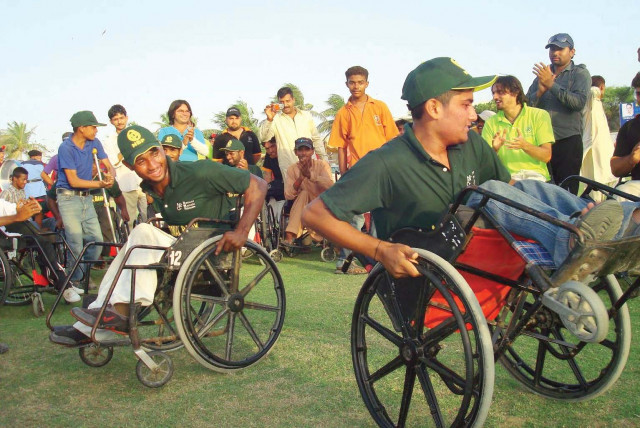
“Like others, it is their basic right to have easy access to information and media outlets should play their role to not only highlight their issues but also help enable them to read or hear news,” she said while speaking at a media sensitisation workshop titled “Enabling universal access to information and knowledge platform for PWDs, organised by the UNESCO in collaboration with the Special Talent Exchange Programme (STEP), here on Friday.
Other speakers said that in Pakistan, almost every day many people fall victim to terrorist attacks or children were paralyzed by polioviruses, which ultimately contribute to the increasing number of people with various kinds of disabilities.
The more the number of PWDs, the more they face issues in getting information on cell phones or through electronic or print media, they said.
They urged the government to take concrete steps for barrier-free accessibility to information and knowledge for persons with disabilities.
STEP President Atif Sheikh said that PWDs constituted 10 per cent of the population of Pakistan and they face various hurdles in getting information through electronic or print media or any other source of medium, as many of them were hearing and visually impaired.
“This issue can be addressed to some extent by introducing sign languages on TV channels,” he said.
“A very few media channels or newspapers highlight the issues being faced by the PWDs. If they do, they mostly link their miseries to their medical problem, impressing that they need charity,” he said.
STEP Project Manager Ali Shabbar said that according to 1998 censes, three million people were visually impaired, which now has doubled or tripled but the media including TV channels, newspapers and websites was not accessible for them.
“In Pakistan, a visually disabled person cannot read a newspaper or have access to it on a website as they are not being designed keeping in view their disability,” he said adding that a number of software were available which could be used by media outlets to make their websites accessible for the visually impaired person.
UNESCO Acting Director Abdul HA Hakeem highlighted the importance of access to information and the importance of giving access to everyone to empower them to make decisions in their daily lives and continue learning throughout their lives.
This includes actions such as being able to read price tags, physically enter a hall to participate in a gathering, read a pamphlet, understand a bus schedule, receive crucial warnings about disasters or to view web pages, he said.
Published in The Express Tribune, October 25th, 2014.

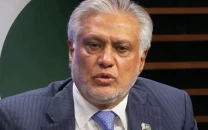
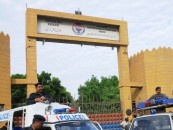
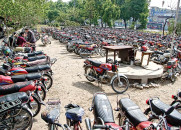

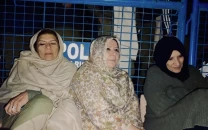
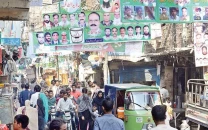




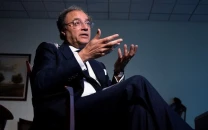







COMMENTS
Comments are moderated and generally will be posted if they are on-topic and not abusive.
For more information, please see our Comments FAQ